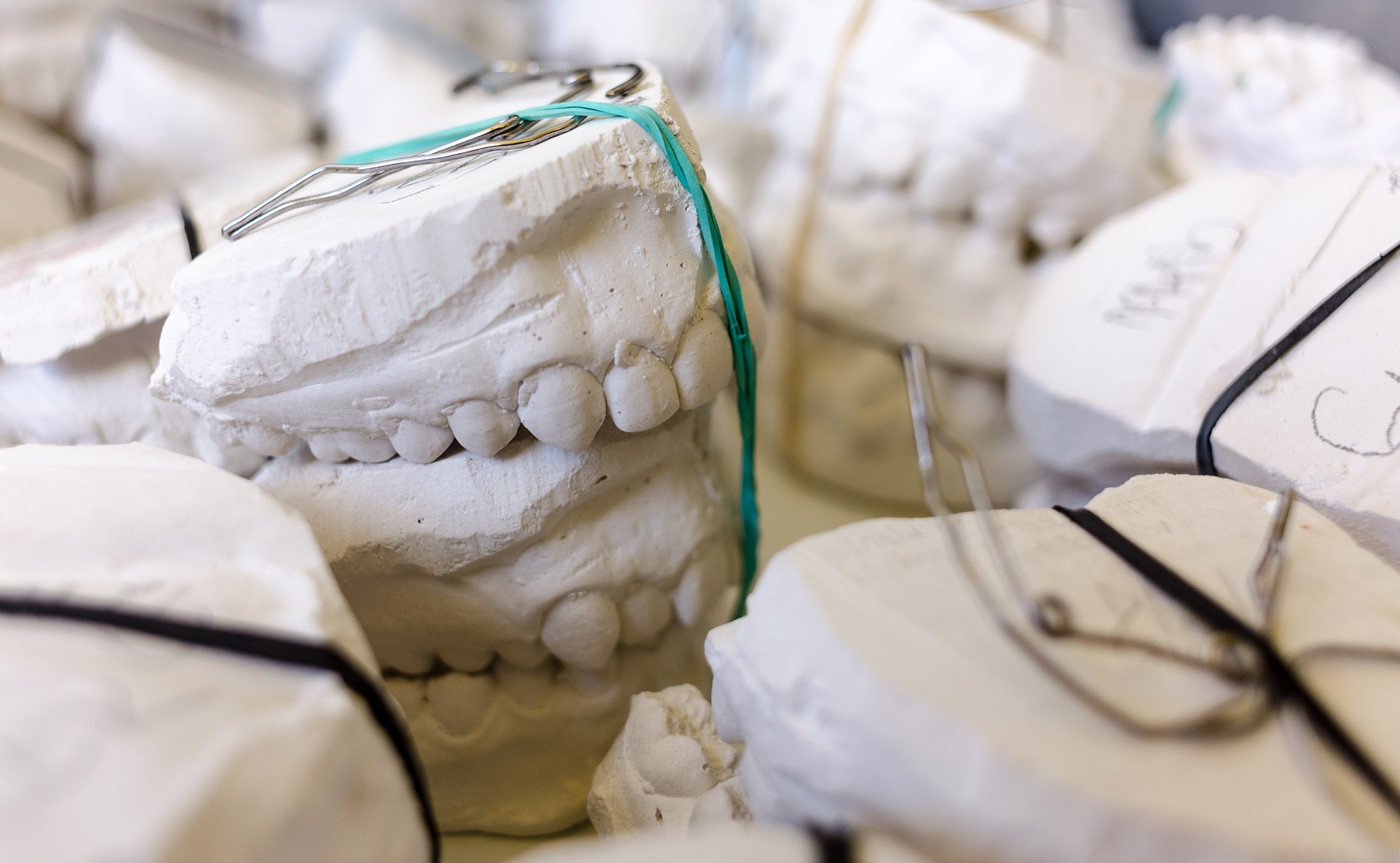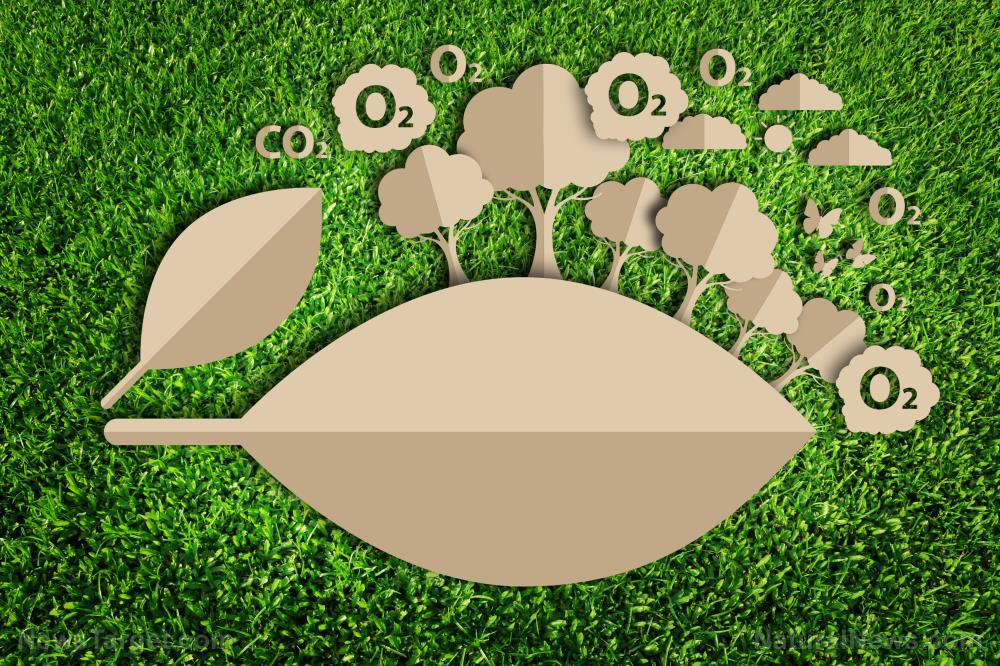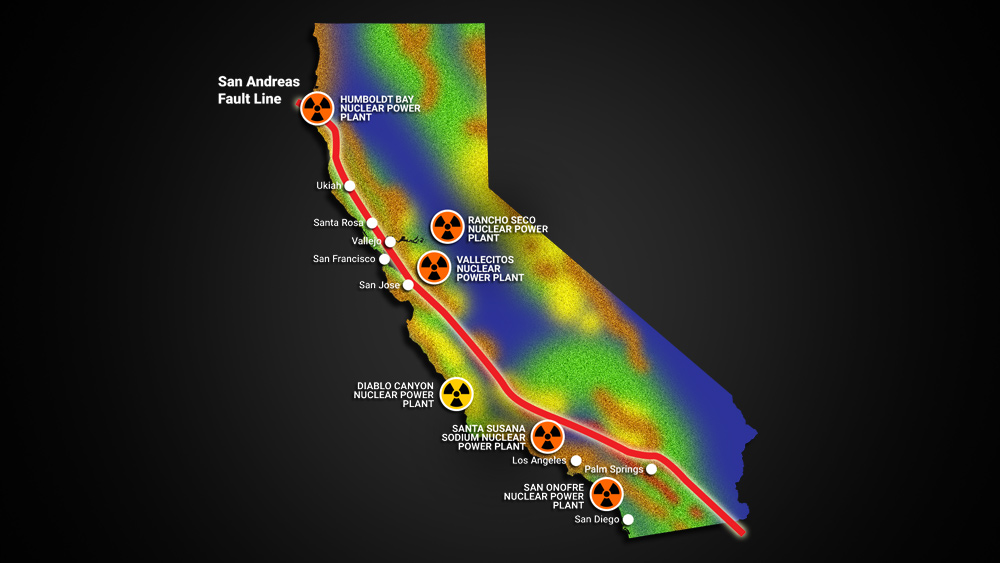Entire mainstream media spreads dangerous lie that falsely claimed bodybuilder was killed by “protein shakes”
08/31/2017 / By Rhonda Johansson

Meegan Hefford, an Australian bodybuilder, died suddenly because of a rare genetic disorder which prevented her body from properly breaking down proteins. She was 25. While her death is tragic on any level, her demise is being used by propaganda media to dissuade people from eating protein. Supposedly, the bodybuilder’s use of protein shakes was the cause of her death. Popular news outlets recklessly jumped on the bandwagon. Only hours after Hefford’s death, numerous reports claimed the “dangers” of protein shakes.
“Sheer stupidity is an inadequate explanation: this is deceptive and intentionally misleading,” lambasted Mark Rippetoe in his critical piece on PJ Media. He called out the irresponsible media for hyping a situation that — while sad — was not as Earth-shattering as pushed to be. He noted that in all of the razzle and dazzle, “ethical” reporters included a short paragraph at the end of their articles that Hefford had an undiagnosed case of Urea Cycle Disorder. This is a rare metabolic condition wherein patients cannot break down protein. This affects one out of 85,000 people. This seemingly unimportant information was only mentioned as a “for instance” — as if the information was not as crucial than claiming that protein supplements were the cause of Hefford’s death.
Hefford did not die of protein poisoning. Her condition made it impossible for her to synthesize the compound properly in her body. As she was bodybuilding, she followed the norm and increased her protein intake. Protein is critical in muscle mass development. Those pursuing a bodybuilding career are often told to to supplement their diet with a few protein shakes. Hefford did so obediently, unaware that she had a genetic disorder. Her Urea Cycle Disorder was only discovered during her autopsy.
You need protein
No, protein does not kill you. In fact, health and wellness experts note that people need to eat an adequate amount of protein to maintain proper bodily function. Protein deters muscle loss, so those who are elderly should actually eat more of this compound.
The typical American diet is rich in protein. We get our daily required amount through such sources as beans, eggs, meat, and tofu. Determining how much protein you should be eating every day is as simple as converting your weight into kilograms and multiplying that answer by 0.8. There is also a calculator from the U.S. Department of Agriculture that does the math for you.
Even with these numbers in mind, take note that elevated protein intake is not a health risk, unless you are suffering from a kidney disease or a rare condition like Hefford. Take note that overall health is the summation of a series of factors. Diet is a major part of this, but this can be further elaborated into how much you eat, along with the types of food you choose. Eating protein (such as red meat) with a combination diet of fruits, vegetables, nuts, and legumes and exercising regularly while getting enough rest will hardly usher you to Death’s door.
The problem is mainstream media thrives on sensationalism. They also feed into our natural desire to simplify matters. It’s easier to read: “woman dies because of harmful protein shakes” rather than “woman dies because she had a rare genetic disorder that prevented her from properly synthesizing protein.”
An unintended consequence (or perhaps not) of this dazzling display of smoke and mirrors is that it scares people who are already on the fence about alternative health treatments. “Science” misinforms those who remain naive. Baldly stating certain foods are bad for you is not only criminally negligent but extremely disturbing.
Sources include:
Submit a correction >>
Tagged Under:
fake news, false information, genetic disorder, Journalism, mainstream media, medical myths, protein, protein shakes, protein supplements, sensationalism
This article may contain statements that reflect the opinion of the author
RECENT NEWS & ARTICLES
COPYRIGHT © 2017 HOAX NEWS




















